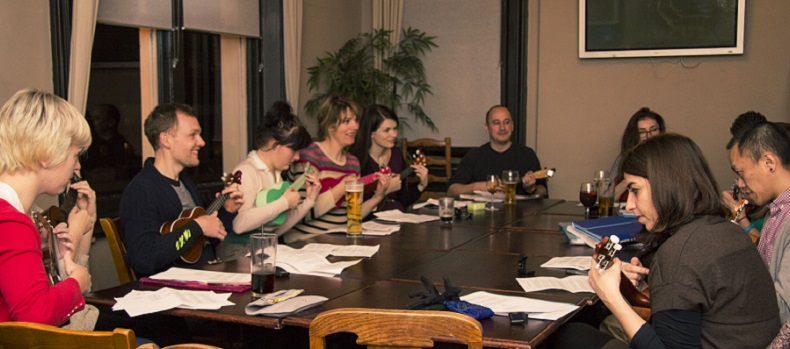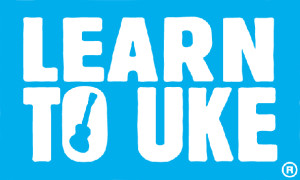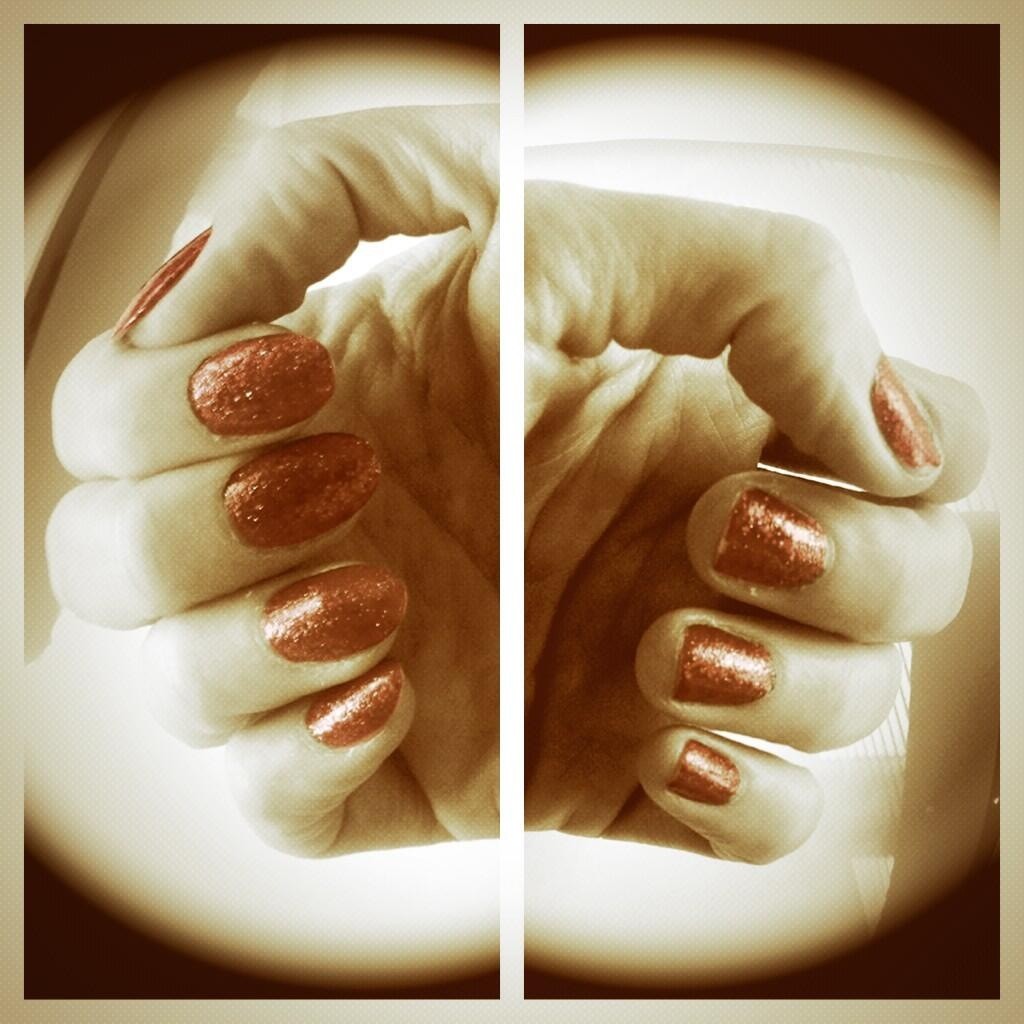We often get asked for tips on how to become a better ukulele player. Here’s a few ideas to help you along and help you to improve your ukulele playing.

1. Get lessons. Come and learn in a group with us.
We were bound to say that, right? And yes, there are many other ways to learn to play the ukulele. You can learn from a book, you can learn via YouTube, you can learn from your pals, or at a jam night. The thing is, when you book lessons with a teacher, you’re getting their years of experience, with hints, tips and guidance. They’ll watch your technique, and answer your questions and go over it until you’re confident. When you learn in a group, it’s more fun, you can socialise with your peers and it gives you the impetus to want to play along. Ukulele is a social instrument, after all.
2. Do your homework. Practice playing, (and singing).
Yes, the dreaded P word. But, all the greats practice for many, many hours to be come accomplished musicians. You’ll be happy to know that you don’t need to spend quite that many hours practicing to strum along with your chums down the pub, but to play the songs well, you should take some time playing on your own at home. Practice can be divided up into a few more points…
3. Practice the things you find hardest most often.
It’s all well and good keep playing a song, but getting stuck at one point. Practice the point that you get stuck on so that you don’t get stuck and you can play that song you love in it’s entirety, well.
4. Strumming (and singing).
“It’s a bit like patting your head and rubbing your tummy.” Yes, it is. It’s also like driving a car and chatting to your passenger, when you first pass your test. These things are possible, but first you need to get comfortable with the first thing, and introduce the second as soon into it as you can. In the case of strumming, strum in a regular even tempo, repeating the strum so you are comfortable, and then sing as soon as you are able to stop concentrating on what your hand is doing. Keep trying to take away the focus from your hand.
5. Chord changing.
If that’s the bit that you’re finding difficult, take the two, three, or however many chords in succession that you’re hesitant on switching between and keep looping them until you find it easy to switch between them.
6. Timing.
If you’re struggling to keep in time, try playing along with the track you like, or grab a metronome (there are free apps available). Play along and keep in time with the track or metronome and don’t let the previous stumbling points stop you!
7. Play at a local ukulele jam.
In London there are loads including Ukulele Wednesdays, every Wednesday. Playing with others is not only fun, but a good way to meet others and get better if you’re in your early playing stages.

Ukulele Wednesdays, London.
8. Make audio recordings.
There are many ways to make free audio recordings of your playing. Voice recorder apps are widely available on most smartphones, free of charge. Record yourself singing the song, and wait for a week to listen back to it. You’ll notice any areas for improvement and you can work on them.
9. Make video recordings.
Very much like audio recordings, you can get a lot from watching yourself a while after you’ve recorded yourself playing and singing. You can spot any areas for improvement and work on them. It’s reported that Tina Turner and Usher watch their tapes immediately after every performance. Whilst we don’t suggest you become this level of perfectionist if you are just playing for fun, it’s good to see where you’re up to by watching yourself after you’ve played. Hell, if you love your performance, you could pop your cover version on YouTube for everyone to enjoy.
10. Go and play at an open mic night.
There are many ukulele open mic nights or standard open mic nights where you can unleash your talents on the world. You’ll be in a wonderful supportive environment, and you’ll know from the audience feedback how your performance is doing.
How to play the G chord, here.
See how to play Bb chord on the ukulele, here.
How to play the E chord, on the ukulele here.
Do you want 6 basic strum patterns to get you going? See more here.
If you’re in London, UK, you’ll learn this in our courses. Book your course to join us in London.
If you’re not, please support us on Patreon so you can get access to all our upcoming online tutorials and challenges.




